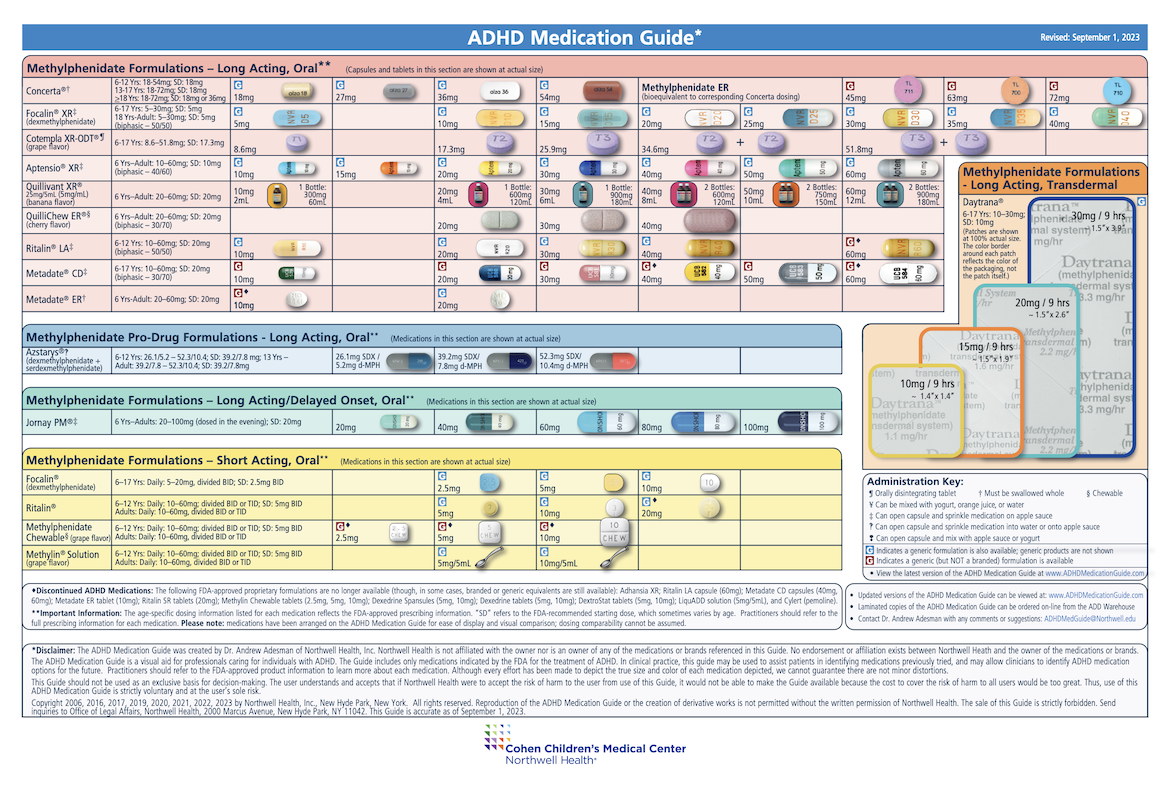Telehealth Psychiatrist Appointments for Accessible Mental Health Support
Telehealth Psychiatrist Appointments for Accessible Mental Health Support
Blog Article
The Benefits of Individualized ADHD Therapy Prepare For Better Results
The application of individualized ADHD therapy strategies has emerged as a pivotal strategy in enhancing therapeutic outcomes for people affected by this problem (ADHD treatment). By acknowledging the distinct symptoms of ADHD in each person, these tailored treatments promote greater involvement and inspiration, ultimately leading to more reliable coping methods.
Comprehending ADHD Variability
Although Attention-Deficit/Hyperactivity Problem (ADHD) is usually viewed as a particular problem, its symptoms can vary significantly amongst individuals. This irregularity is influenced by a series of aspects, including age, sex, existing together conditions, and ecological contexts. As an example, children with ADHD might exhibit hyper behaviors, while grownups may mostly have problem with attention shortages. Gender distinctions also contribute, as males are much more often identified with ADHD and usually display a lot more obvious signs and symptoms, whereas women might present with less evident inattentiveness.
In addition, individuals with ADHD may experience a spectrum of psychological and behavior obstacles, such as anxiety or opposite defiance, that can complicate medical diagnosis and therapy. The communication of these factors can lead to diverse experiences of ADHD, necessitating a nuanced understanding of the disorder. It is additionally worth noting that ADHD can present differently throughout different social contexts, affecting just how signs are identified and addressed. This understanding underscores the value of acknowledging ADHD as a complex problem, which calls for personalized approaches to therapy that think about the distinct demands and experiences of each individual.
Key Elements of Customization
Individualized ADHD therapy plans are based in numerous crucial components that make certain effective administration of the disorder. A comprehensive analysis is critical, including standard score scales, interviews, and behavior observations. This detailed examination allows clinicians to recognize the person's unique signs, toughness, and obstacles.
2nd, the involvement of numerous stakeholders, consisting of moms and dads, instructors, and the person, adds to an alternative view of the person's demands. Collaboration fosters a helpful setting that can adapt to the individual's context and way of life.
Third, treatment plans need to be versatile and adaptable, enabling alterations based upon ongoing responses and the person's developing requirements. This adaptability makes it possible for the integration of various restorative techniques, such as behavior treatments, psychoeducation, and drug administration.
Additionally, social and contextual elements need to be thought about. Acknowledging the individual's history, values, and preferences makes certain that the treatment is relevant and considerate.
Finally, routine follow-ups and assessments are vital to keep an eye find on progression and make required adjustments. By concentrating on these vital parts, personalized ADHD treatment strategies can significantly enhance the efficiency of treatments, resulting in improved outcomes for individuals with ADHD.
Improved Engagement and Motivation
To efficiently advertise enhanced interaction and inspiration in individuals with ADHD, it is vital to include methods that resonate with their interests and toughness. Individualized treatment plans that straighten with a person's interests can result in boosted involvement in therapeutic tasks, promoting a sense of possession and excitement for the procedure.
Using interactive and creative strategies can also substantially improve inspiration. For instance, incorporating gamification components or real-world applications of abilities can make tasks much more attractive and appropriate. This not just catches attention but also enhances learning through satisfying experiences.
Moreover, setting attainable and purposeful objectives customized to the person can boost motivation. When people see their development towards personally significant objectives, they are a lot more most likely to stay involved. Normal comments and recognition of success can better receive motivation, creating a positive feedback loop that motivates continued effort.
Lastly, fostering a helpful setting where people really feel understood and valued can significantly affect their involvement levels. When treatment plans are created collaboratively, including input from the person, they are more probable to really feel spent in their journey, inevitably leading to boosted outcomes in managing ADHD.
Improved Coping Techniques
Establishing enhanced dealing strategies is essential for individuals with ADHD, as it outfits them with effective devices to browse day-to-day challenges. A customized treatment plan permits the recognition of specific coping systems customized to the individual's special requirements and circumstances - ADHD treatment. Techniques such as mindfulness, time management skills, and organizational methods can be integrated right into day-to-day routines, fostering a feeling of control and minimizing stress and anxiety
Mindfulness practices, including reflection and deep-breathing exercises, aid individuals with ADHD concentrate their attention and regulate their feelings. Time administration techniques, such as utilizing timers or damaging jobs into smaller sized, manageable steps, can alleviate feelings of overwhelm. Furthermore, organizational devices like planners and checklists can improve effectiveness and responsibility.
Long-term Positive Results
Executing personalized ADHD therapy plans can cause considerable long-term positive results for individuals. These tailored methods, which take into consideration unique symptoms, choices, and life scenarios, promote more efficient monitoring of ADHD signs over time. By focusing on the details Source needs of the person, these plans enhance adherence to therapy protocols and foster better interaction in healing activities.

Furthermore, personalized therapy strategies can considerably reduce the threat of comorbid problems, such as stress and anxiety and depression, which are usually connected with ADHD. Early intervention and constant support assistance individuals develop resilience and coping approaches, promoting total mental wellness.
Ultimately, the long-lasting favorable end results of customized ADHD therapy intends not only enhance the top quality of life for individuals however additionally add to their general health and success in various life domains. This alternative strategy underscores the value of customized care in managing ADHD successfully.
Conclusion

Report this page